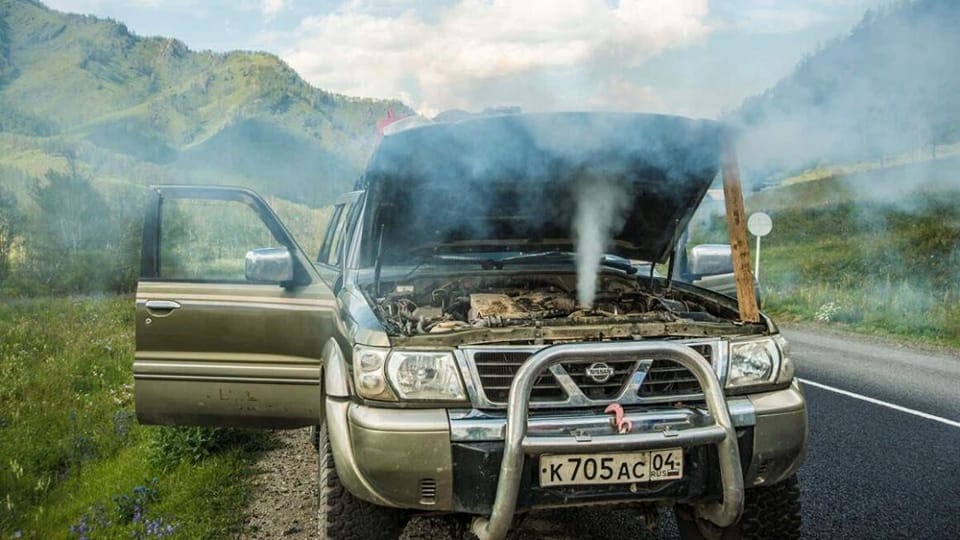A car engine gets hot due to its internal workings. That’s normal. And there are radiators and coolants to keep its temperature regulated.
But if you find the temperature gauge shooting up, that’s cause for concern because the engine can heat enough to melt itself!
Here’s what you can do to cool your car’s engine:
Check the coolant:
Adding a fresh batch of coolant to your car should be all you would need to do if everything else in the engine bay is not problematic. Make sure to replace coolant every 48000 kms or three years, whichever comes first.
Check the radiator:
The radiator consists of a fan and some pipes. The coolant flows through the pipes while the fan cools the liquid and, in turn, the engine. Sometimes the radiator fan fails and sometimes it just runs out of water. You may refill it, and if the fan is not working, then call your mechanic right away.
Thermostat Not Working:
A thermostat lets coolant inside the water jacket to cool down an overheated engine. If the thermostat breaks down, the engine will obviously heat up. If this happens often, get the thermostat checked.
Damaged Water Pump:
A water pump is what helps in the flow of water and coolant to the engine and back to the radiator. A damaged water pump will not pump and hence this will lead to overheating. A thorough cooling system check will reveal this problem.
Bad Hoses:
Hoses are pipes that take the coolant and water from the radiator to the engine and vice-versa. A cracked hose or a leaking hose could be the cause of your engine overheating. It will be a good idea to check these and replace them if needed.














